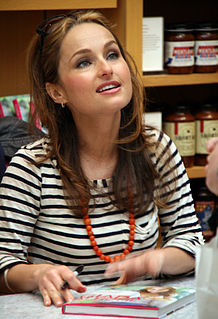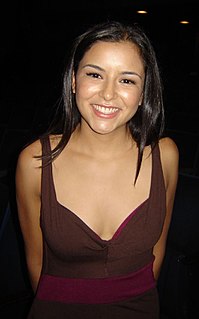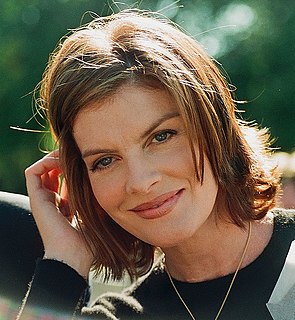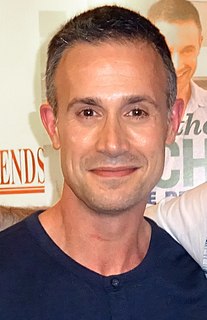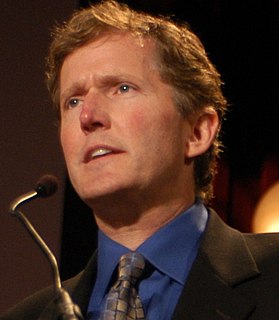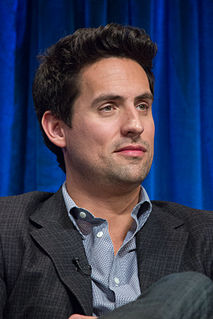A Quote by Giada De Laurentiis
I had a very tough childhood. I came here from Italy in the '70s and didn't speak a word of English, so the kids at school tormented me. Truly, it was horrifying the names they called me, and the teachers never really did a thing to stop it.
Related Quotes
There aren't a lot of female story artists, and it's baffling to me. There are a lot of kids in school that are female and I wonder, 'Where did they all go?' People have brought it up, asking me, 'What did you do?' I don't really know. I puttered along, did my thing and gender has really never been an issue.
The public schools in our neighborhood were so bad that the teachers in the school said you shouldn't send your kids here. My mother called around and found a school that was willing to give both me and my brother scholarship money. It's a classic story about black parents wanting more for their kids than they had for themselves.
Many years later, after Niemöller had been imprisoned for eight years in concentration camps as the personal prisoner of Adolf Hitler, he penned these infamous words: First they came for the Socialists, and I did not speak out - because I was not a Socialist. Then they came for the Trade Unionist, and I did not speak out - because I was not a Trade Unionist. Then they came for the Jews, and I did not speak out - because I was not a Jew. And then they came for me - and there was no one left to speak for me.
I had the most incredible English and literature teachers in school, and it really influenced my love of storytelling. It's what made me excited to study journalism in college. I love editorials and documentaries. All of that came from being given the opportunity to lose myself in good writing when I was a kid.
I started going to Bible school really early in life. Being raised a Jehovah's Witness, I had to read the Bible over and over. These stories were so horrifying and really difficult to reconcile. For me, Noah wasn't the story of the graham cracker box with the little animals it was horrifying. I would ask the same questions as a child. "Well, what about the little kids? What about the dogs and cats?"
Both of my parents sacrificed a lot. My dad, Tero, would drive me to training every single day. My mum, Teija, came to Seville to help me. She did everything for me. It was such a big place to go at 17. Even if you can speak English, it doesn't matter there. It was all Spanish. They don't do English.
